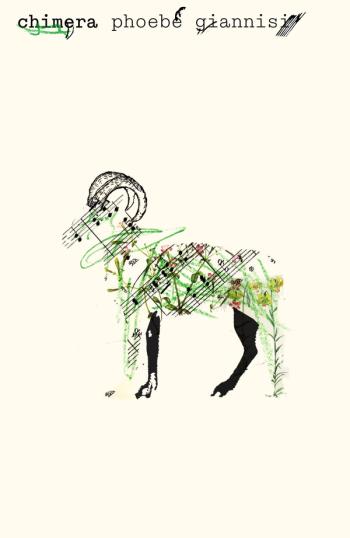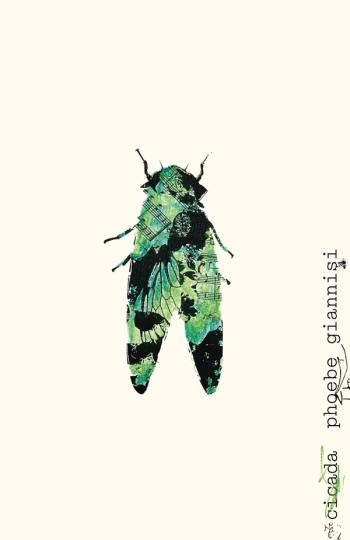Translated by Brian Sneeden
By one of Greece’s foremost contemporary poets, Cicada is Phoebe Giannisi’s second collection in English. The cicada signifies metamorphosis in this breathtaking, lyrical book, which evokes the spirits of Archilochus, Plato, Empedocles, and Heraclitus. As the translator Brian Sneeden remarks: “The ‘I’ in Giannisi’s poetry is never static, never a fixed point, but part of a process of rebodying the ambient.” Yet, despite the fluid, mythic nature of Giannisi’s poems, they are also exquisitely rooted in the everyday: the sea heard through a window, the murmur of a distant mechanical crane, a damp wind, a photo of John and Yoko. Giannisi is a poet internationally known for her idiosyncratic eco-poetics, as well as her poetic multimedia works and performances, and most of all for her brilliant vision glowing at the borders of language, voice, place, and memory.
“Cicada” originated from “Tettix” (the ancient Greek word for this insect), a commissioned exhibition at the National Museum of Contemporary Art in Athens in 2012, curated by Stamatis Schizakis. Tettix is a project presented through various media such as performances, video and sound works, as well as poetic manuscripts that now belong to the collection of the National Museum of Contemporary Art Athens.


